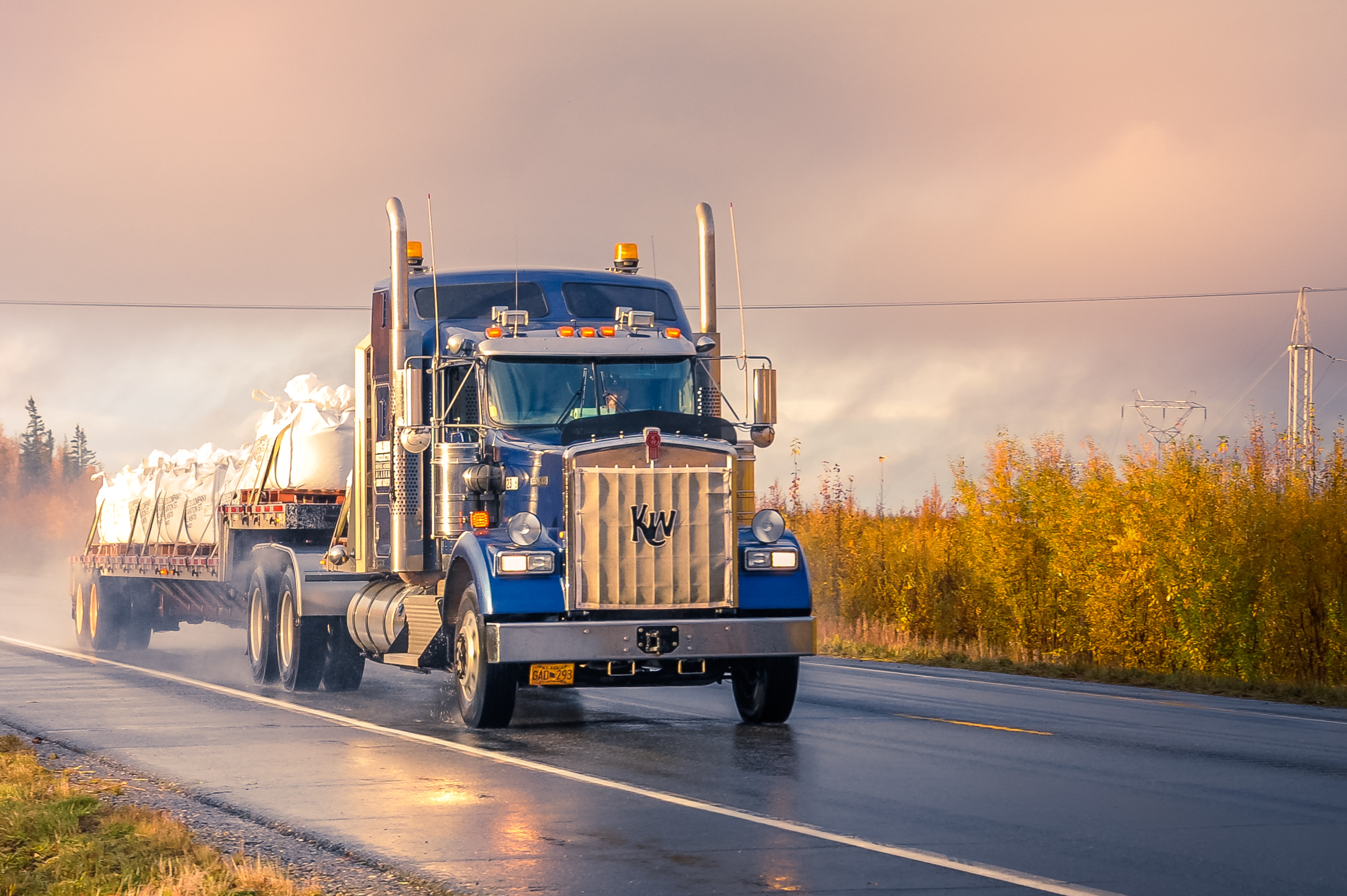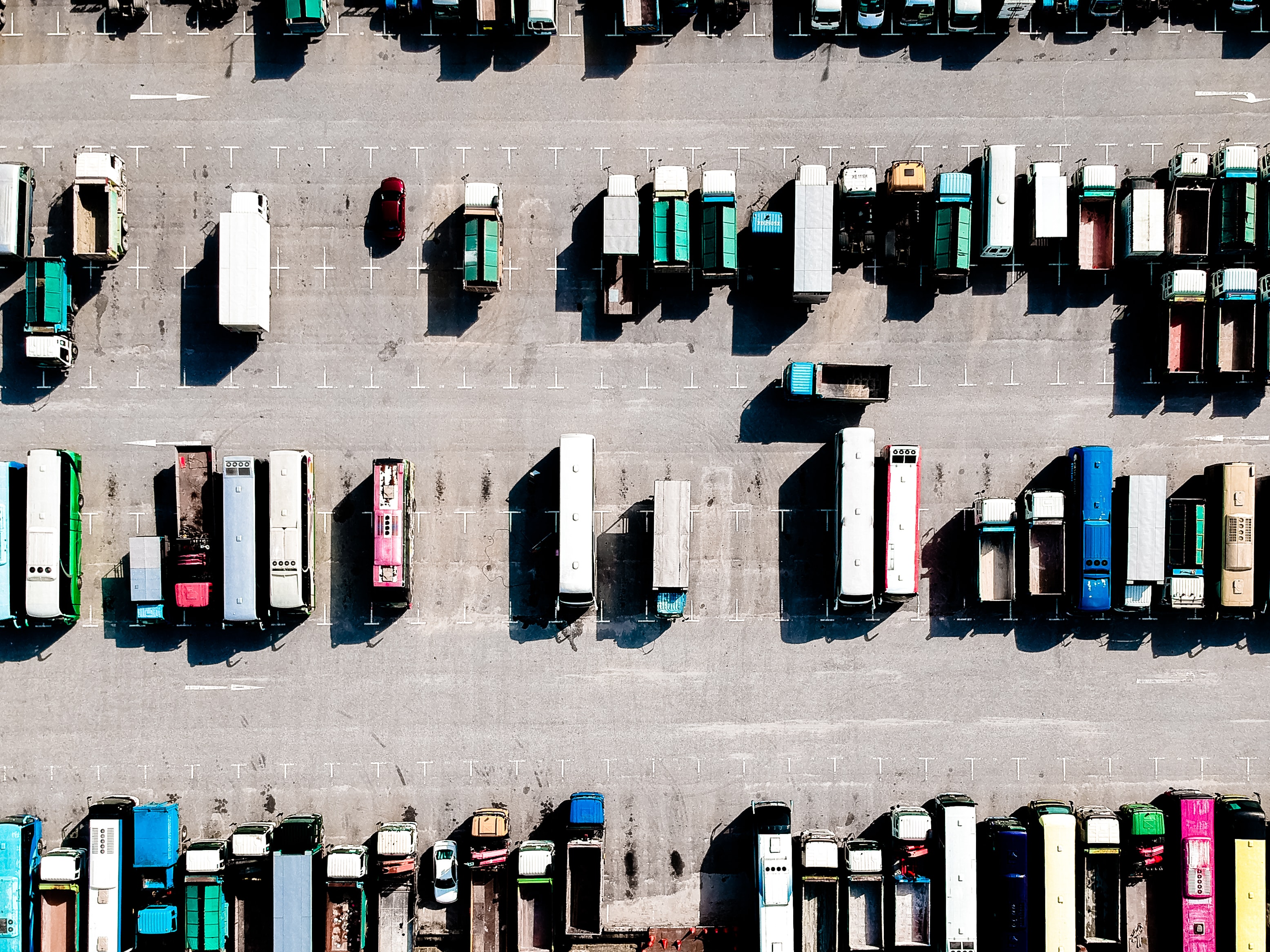How Blockchain Can be Used to Revolutionize an Industry
In the past, the food supply chain has been complex and fragmented, with multiple intermediaries and vendors involved in the process. This can make it difficult to track how and where food is coming from, creating a lot of scope for error.
Add in new concerns, such as climate change, increased urbanization, changing consumer tastes, and demand for locally sourced products, and suddenly the industry is at a crossroads.
As the industry seeks sustainable solutions, could the answer be blockchain technology?

How does blockchain benefit the food distribution industry?
The food industry, like all others, is striving to find a more sustainable way to produce and distribute its products. Blockchain technology has the potential to bring about much-needed change by improving transparency and traceability along the supply chain.
We’ve covered what helium blockchain is previously — but a quick reminder to get you up to speed. Blockchain is a distributed ledger system that records transactions and creates a transparent record of ownership. This database can be accessed by anyone who has an internet connection and is connected to the internet.
The technology can help improve the food supply chain in many ways, including:
- Increased transparency along the supply chain
- Real-time insights into product movement
- Improved food safety
- Reduced food waste and costs
- Authenticity of fresh produce
- Enhanced food provenance
- Better coordination between stakeholders along the supply chain
- Reduced risk of product recalls.
Take, for instance, a food contamination scenario. With blockchain, it’s quick and easy to trace and contact the involved parties, all the way from the source to the consumer. But it doesn’t stop there. Let’s take a closer look at some of the ways blockchain can revolutionize the industry.
Supply chain transparency with blockchain
The food industry is very complex, with several stakeholders involved in producing, linking, storing, transporting, and distributing food items from farms to retailers. This complexity makes it difficult to track food products' distribution and their quality, and an accurate record of these movements is often challenging.
Enter, blockchain technology.
Blockchain provides real-time insights into the movement of products, thereby facilitating transparency throughout the supply chain.
Food supply chain security with blockchain
Food items often come from different places thus, transportation takes some time to reach the intended suppliers and retailers. But they are also often perishable. So how can we ensure they remain safe until they reach the consumer?
Blockchain can help in many ways, including offering end-to-end visibility, and authentic product provenance.
These features of blockchain can help minimize the risk of food contamination, protect brands and reputations, and provide consumers with greater peace of mind.

Blockchain in food traceability
To achieve the full benefits of blockchain technology, food and beverage companies should be able to track their products from the source (the farm) to the end customer. This process is known as food traceability, which can be implemented using blockchain technology.
Blockchain-enabled food traceability can make the supply chain more efficient and cost-effective while providing greater food safety and security.
For example, a food supply chain could use blockchain technology to track the movement of perishable goods in real-time, facilitating prompt action when required —- such as during an outbreak of disease.
Blockchain in food quality and safety assurance
Food quality and safety assurance are one of the most important aspects of the food industry.
Food safety issues can be detrimental to the industry, cause harm to consumers, and even result in product recalls. Different blockchain technologies can be used to ensure food quality and safety by providing an auditable digital ledger that records all transactions throughout the supply chain.
This includes information about the supply chain partners, food items, and their condition, as well as details on transportation and distribution. There are various blockchain solutions for the food industry, including Food Trust and OriginTrail. These solutions aim to provide transparency and traceability for consumers, as well as build trust and strengthen the relationship between brands and their customers.
Unilever, Nestle, and Walmart for instance use blockchain technology in raw materials traceability. By 2025, 20% of the world's top grocery stores will have implemented blockchain for food safety.
 Blockchain companies disrupting the food supply chain
Blockchain companies disrupting the food supply chain
Currently, blockchain technology has a strong impact on food supply chain revitalization therefore most companies have already adopted and implemented it. Here’s a snapshot of what is currently happening:
- Greenfence, located in California, uses ledger technology to verify and trace involved parties in the food chain thus providing each farmer and distributor a messaging platform that consumers may easily access.
- Kezzler uses a traceability platform in product delivery data, consumer engagement, product UID details, and related activation.
- AgriChain, in Australia, has implemented blockchain tech in agriculture supply chain management.
- Mojix has developed software that increases automation thus reducing waste and ensuring quality products in the food industries.
- IBM has created the IBM Food Trust that aids in transparency and efficiency of the food supply chain.
- AgriDigital has software that aids in the grain supply chain by providing consumers and farmers transparency in orders and deliveries.
- Tag One offers combined technologies capable of identifying data tampering thus providing transparency.
- Transparent Path has a chain-of-custody software that helps in managing food safety and consumers' access to food origin.
- Wholechain's platform helps digitize information, coordinating during the delivery process and data tracking on food quality in Michigan.
How can food distributors apply blockchain?
With blockchain, food distributors and CPG companies have the ability to bring transparency, accountability, and trust to food supply chains.
While it's too soon to say how blockchain could revolutionize logistics and supply chains, there are some exciting possibilities on the horizon. From sensors that can track cargo and trackers that can coordinate shipments on their own, this technology has the potential to improve tracking at every step of the way. While these solutions are still in their infancy today, we expect them to grow quickly as more companies embrace this new technology.
Visit our blog for more insights on blockchain technology and consumer packaged goods distribution and learn how Buffalo Market is using blockchain technology in our own distribution practices.


